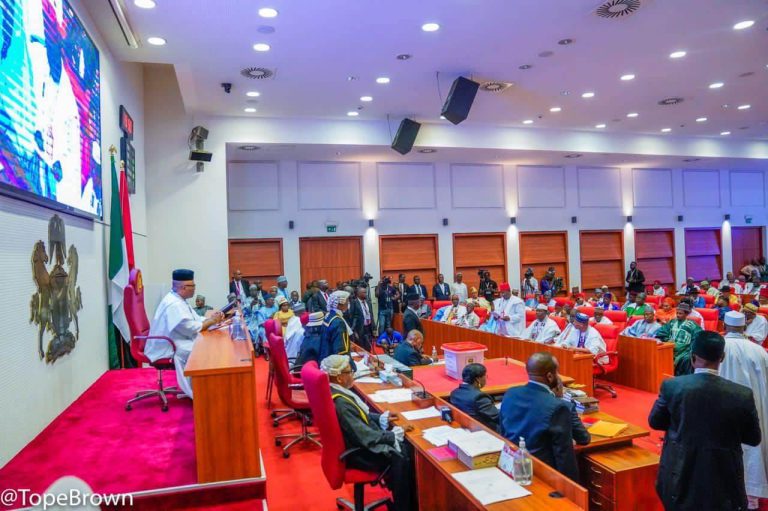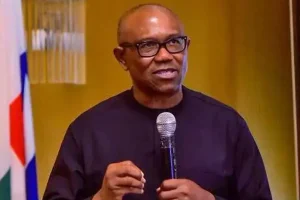
A bill seeking to compel ministries, departments, and agencies (MDAs) to prioritize the purchase of Nigerian-made vehicles has passed its second reading in the Senate.
The bill, titled ‘Local Automotive Industry Patronage Bill, 2025’, is sponsored by the lawmaker representing Imo North, Senator Patrick Ndubueze.
Ndubueze introduced the bill in October 2024, and it passed its first reading before advancing to the second stage. Leading the debate on the bill during plenary, Ndubueze emphasised the negative impact of Nigeria’s overdependence on imported automobiles, which he claimed weakens the naira and undermines local industries.
“Any country that aims to achieve steady economic growth and development must have a policy that encourages and provides a framework for local production.
It is also important that goods and services are produced locally, as its ripple effect is a reduction in imports and a rise in exports,” Ndubueze said.
He argued that Nigeria has failed to institutionalise the use of indigenous brands, instead glorifying foreign products of no superior value.
Ndubueze pointed out that the continual decline of the naira, worsened by inflation, could be stemmed by supporting the local automotive industry.
The senator highlighted that despite 54 automobile manufacturing licenses being issued in Nigeria, only six companies remain operational due to foreign exchange shortages and poor infrastructure.
He revealed that many Nigerian automobile firms have moved their operations to Ghana, where they are establishing plants to cater to the Nigerian market.
Ndubueze stated, “How do we stem the free fall of the naira if we cannot address our appetite for foreign goods?
“How do we support the development of indigenous brands if the biggest spender, year on year—the government—refuses to buy made-in-Nigeria goods?”
Ndubueze proposed that at least 75 percent of vehicles procured by public officers and civil servants be locally manufactured, not just assembled. “This is the first step to saving our economy, protecting our currency, and creating jobs for our people,” he said.
He further stated that only firms with at least 70 percent Nigerian workforce, 75 percent local research and development (R&D) spend, and advanced technology such as robotic painting machines and electrophoresis systems should qualify as local manufacturers.
“Government support for local industry should be seen as both strategically important, a long-term investment, and a national security imperative,” Ndubueze added.
Citing the examples of China, India, and Malaysia, Ndubueze noted how these countries banned imported cars in their early years to foster their domestic automotive industries.
He pointed out that today, these nations have perfected their processes, and Nigeria now imports their products, some of which are competing directly with Nigerian-made vehicles.
The Senate Chief Whip and representative of Borno Central, Senator Mohammed Monguno, expressed support for the bill, noting that it would provide legal backing to an existing directive by the Federal Executive Council (FEC) on the use of local products.
“This law will insulate the directive from the whims and caprices of subsequent administrations who may want to reverse it,” he said.
Deputy Senate President, Barau Jibrin, who presided over the session, stated that the bill would not only create jobs for automobile engineers but also encourage more investors to enter the sector.
“This bill will strengthen our economy and the naira, and galvanize the automobile industry. “We hope the process to get it assented to by the president will be expeditious,” Jibrin said.
The bill has been referred to the Senate Committee on Public Procurement for further legislative scrutiny. A report on the bill is expected within four weeks, bringing the legislation closer to its final approval.





